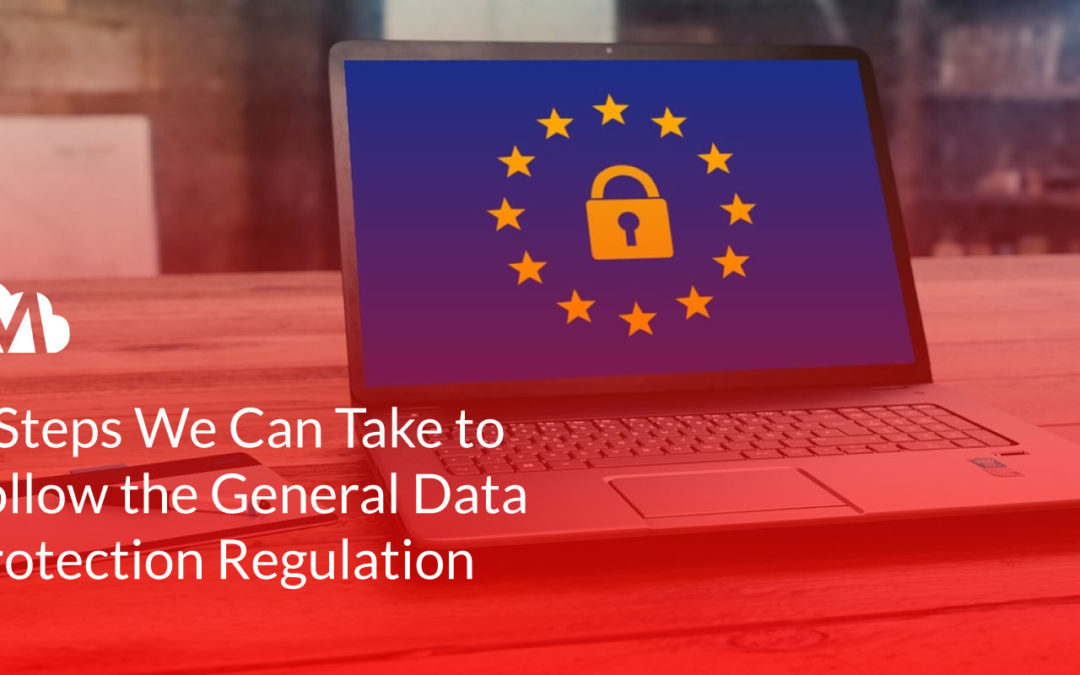Implementing the General Data Protection Regulation (GDPR) in the European Union will greatly impact global internet privacy rules. It can potentially change all future online services and transactions with EU citizens. But this is no news in the Philippines for there already exists RA 10173 law protecting individual personal information on the use of communications by the Filipino citizens in both government and private agencies.
Whether you are in the EU, in the Philippines or other countries, these data privacy laws provide users to have stronger data rights and may opt to completely delete their personal information from the online service. As a result, online service providers including SEO services, online marketing, and data analytics companies, must re-evaluate their policies when dealing with EU-based clients.
Read this blog to learn how you can prepare your company in compliance with the GDPR.
How Does GDPR Affect Online Services Company Operations
According to the GDPR, EU citizens have the right to access their online data, withdraw consent from a company, and restrict its processing. Also, he or she reserves the right to transfer their data from one service provider to another. Online service providers must also notify users of any data breach about their personal information.
Non-compliant online service companies will be fined with a certain amount usually based on their annual global revenue, whichever is higher. This rule applies to both local and international companies involved in processing an EU citizen’s data in the context of selling goods and services.
Related: Why Is GDPR Important To Marketers?
As an online service business owner, how can you make sure that your company’s operations are in line with these regulations?
7 Important Steps to Prepare Your Online Services Company
Online services provider company owners must update their current privacy policies. And this should align with the general data protection regulation.
But, if you look at data privacy laws such as in the Philippines and compare it to that of GDPR, your agency can determine how much effort you need to really comply not only with GDPR but most importantly the laws of the land.
Related: GDPR matchup: The Philippines’ Data Privacy Act and its Implementing Rules and Regulations
Here are 7 steps we have compiled for your company to prepare for the GDPR.
Inform Your Associates
Your business associates, employees, and key people in the organization need to know the details about the GDPR. Take time to meet with them and feed them with the right information.
Organize an Information Audit
As a business owner, you must document your data, maintain records of the processing activities, and organize an information audit. This will ensure that the company operates based on the GDPR’s accountability principle.
Update and Communicate the Privacy Terms
Take time to review your company’s privacy policy, and update it in accordance with the new EU regulations. Let your customers know that the service requires their data and explain how the company intends to use it. You can discover and check our Privacy Policy.
Get Consent and Give a Lawful Basis for Data Usage
Under the GDPR, clients reserve the right to understand the lawful basis of using their data. As a result, data processing companies must explain how their client’s information is utilized in the service. The online service business may include this explanation in the privacy policy which agreed upon by the client.
Initiate a DPDD and DPIA
Under the GDPR, Data Protection by Design and by Default (DPDD), and Data Protection Impact Assessment (DPIA) are mandatory in some circumstances.
Data Protection by Design and by Default is an approach that promotes privacy and data protection compliance. It reduces the privacy risk of the service’s projects and strengthens data security.
A DPIA is required when data-related projects are applied. This includes deploying new technologies, profiling operations, and other large-scale processes.
Assign Reliable Data Protection Officers
Data protection officers are responsible for GDPR compliance and user data security. They are tasked to monitor the company’s information used during projects.
Appointing a candidate for this position is mandatory in companies that carry out the regular and systematic monitoring of individuals on a large scale. Entities handling special categories of data, such as health records, or information about criminal convictions, must also designate a data protection officer.
Determine the Data Protection Supervisory Authority
Online service companies, which are based in a different jurisdiction while dealing with EU clients, should determine the lead data protection supervisory authority.
Company owners can achieve this by mapping out where the organization makes the most of its decisions. Afterward, find out which organization is the lead data supervisory authority in the area.
Take the Steps and Prepare Your Company for the GDPR
Applying the General Data Protection Regulation will forever change how online data processing companies use their EU-based client’s information. Albeit a few companies have been really 100% compliant, this new EU regulation law will initiate company-wide reforms since non-compliance will incur hefty fines.
Re-evaluate your company and take the necessary steps to prepare your enterprise for the GDPR.
References:
What is GDPR and How Does It Impact Your Business, superoffice.com
Guide to the General Data Protection Regulation (GDPR), ico.org.uk
Preparing for the General Data Protection Regulation (GDPR) 12 steps to take now, ico.org.uk


